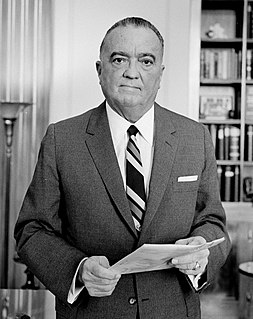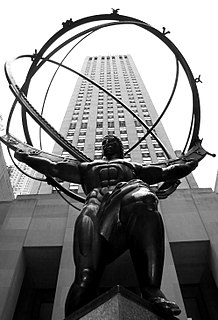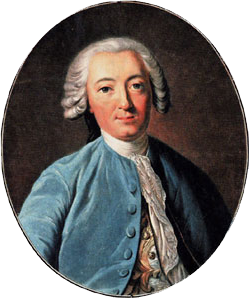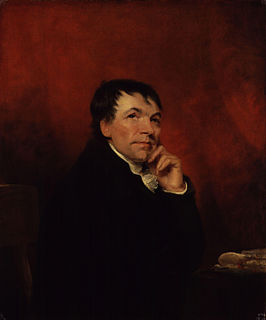A Quote by J. Edgar Hoover
When morals decline and good men do nothing, evil flourishes.
Related Quotes
The rifle itself has no moral stature, since it has no will of its own. Naturally, it may be used by evil men for evil purposes, but there are more good men than evil, and while the latter cannot be persuaded to the path of righteousness by propaganda, they can certainly be corrected by good men with rifles.
In this world, there is no absolute good, no absolute evil," the man said. "Good and evil are not fixed, stable entities, but are continually trading places. A good may be transformed into an evil in the next second. And vice versa. Such was the way of the world that Dostoevsky depicted in The Brothers Karamazov. The most important thing is to maintain the balance between the constantly moving good and evil. If you lean too much in either direction, it becomes difficult to maintain actual morals. Indeed, balance itself is the good.
For the first time in history, the rational and the good are fully armed in the battle against evil. Here we finally find the answer to our paradox; now we can understand the nature of the social power held by evil. Ultimately, the evil, the irrational, truly has no power. The evil men’s control of morality is transient; it lives on borrowed time made possible only by the errors of the good. In time, as more honest men grasp the truth, evil’s stranglehold will be easily broken.
When a miser contents himself with giving nothing, and saving what he has got, and is in other respects guilty of no injustice, he is, perhaps, of all bad men the least injurious to society; the evil he does is properly nothing more than the omission of the good he might do. If, of all the vices, avarice is the most generally detested, it is the effect of an avidity common to all men; it is because men hate those from whom they can expect nothing. The greedy misers rail at sordid misers.

































